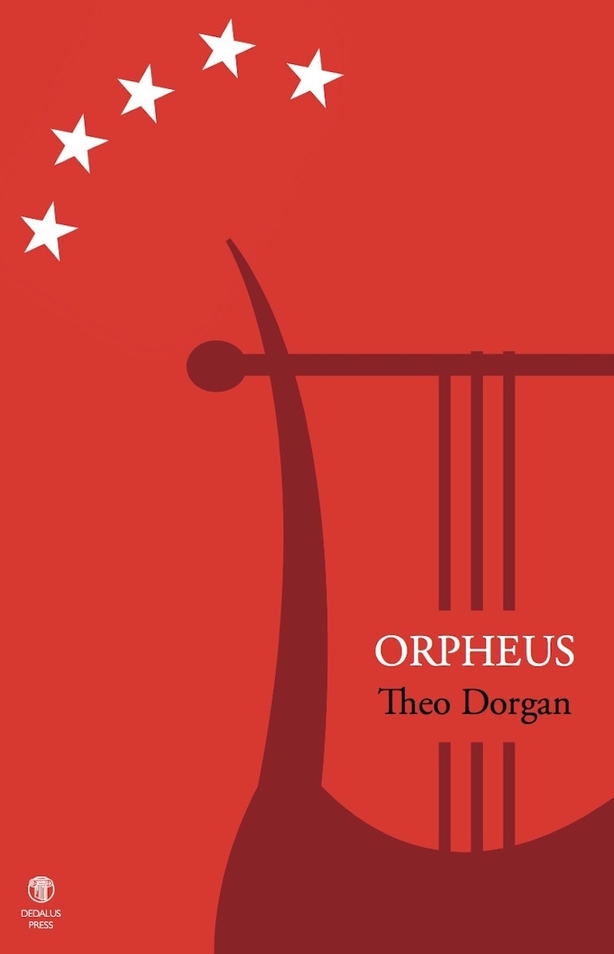Poet Theo Dorgan has form when it comes to Greece – a 2010 collection was simply entitled Greek - and his new book is a fascinating interweaving of the life of modern-day Orpheus with his mythical counterpart.
Structured in the challenging Sapphic mode of versifying, the 79-page work comprises four-line stanzas in four-stanza poems throughout, numbered 1 to 33 in each of its two sections.
The opening sequence runs to 43 pages and is, in essence, a vivid ballad detailing the shadowy adventures of a latter-day lovelorn Orpheus and his initially passionate but ultimately tortured affair with Eurydice. The music of Bob Dylan and Joni Mitchell provide a lightly-sketched soundtrack, but the lovers are sundered by unspecified past events which haunt and disturb Eurydice and torment Orpheus.
In the opening sections, the poet conveys with striking accuracy the tremulous business of young love, its first stirrings. The mood is wistful, gauche, the Orpheus figure palely loitering at the school gate, unsure what is even wrong with him in the throes of his passion for the unseen girl who may be studying late inside the school gates.
And that was me at seventeen, some grey twist/in my head, shot through with fires of rage and hope,/ gambling for my salvation on the one cool/ glance I feared to miss.

The intense young man goes on to learn the guitar and his music works its charm, just as Orpheus and his lyre weaved their spell. The poet encapsulates youthful uncertainty and shyness in numinous lines:
I ached for what I needed to know,
Borne up on guesswork, the lifting tide of what/yet might be.
There are adventures abroad, Orpheus trying to make a living in New York, playing gigs with his guitar, reuniting with Eurydice back in Cork before the pair flee a stifling atmosphere and head for France. There, they are sundered once again in the Paris underground – where else? - at Métro Saint-Michel, she standing at the bottom of the escalator, he departing the scene.
Section Two adopts a different voice for a different time and an Orpheus figure who is not contemporary- we could be reading a verse translation of an ancient lay or ballad concerning the eponymous bard. The scene is bucolic, reflective yet purposeful too, as though Orpheus were putting memories behind him and getting on with a new existence in a remote place. Then suddenly, in the tenth poem in the sequence, he declares almost off-hand in the first line: I loved her, but not enough.’
That bitter realisation, repeated, becomes the theme, Orpheus stoic enough about the fact that he no longer sings or charms anyone anymore with the lyre. Yet that would be a very pedestrian end indeed for any treatment of Orpheus, and Dorgan skilfully draws us towards dramatic events and a stirring close in his remarkable poem.







